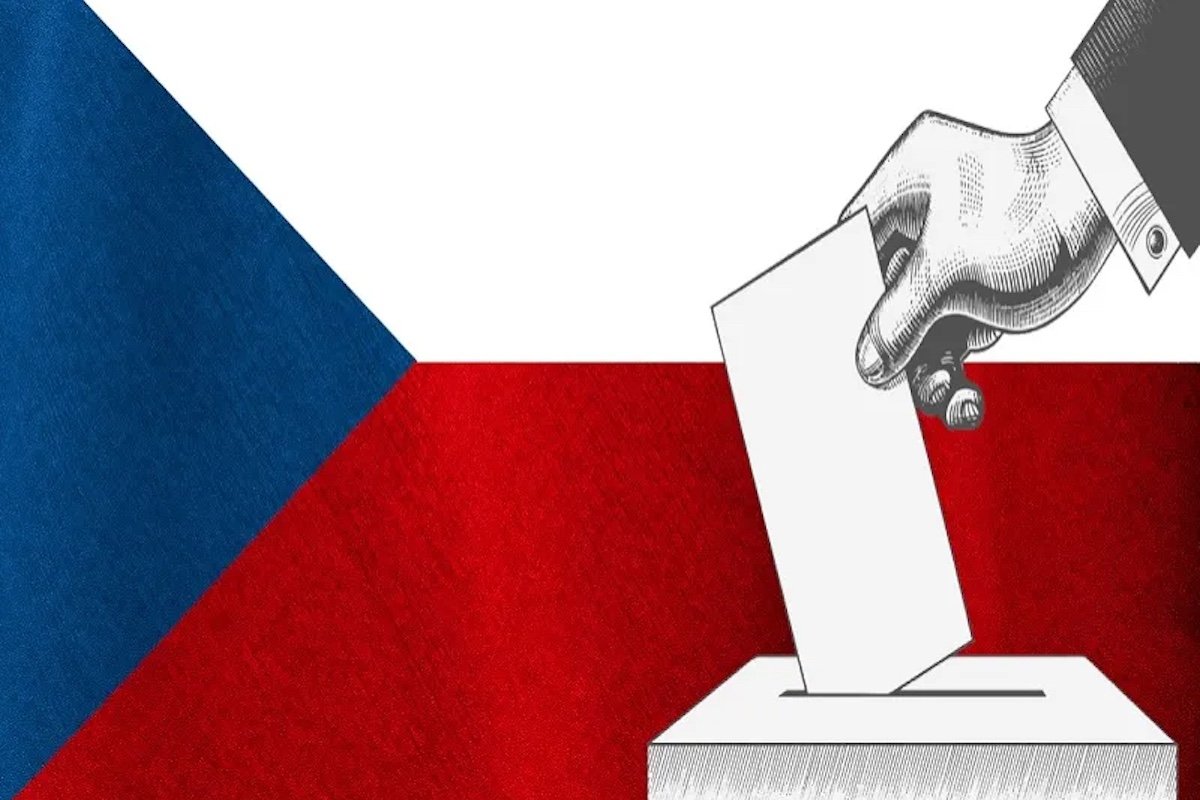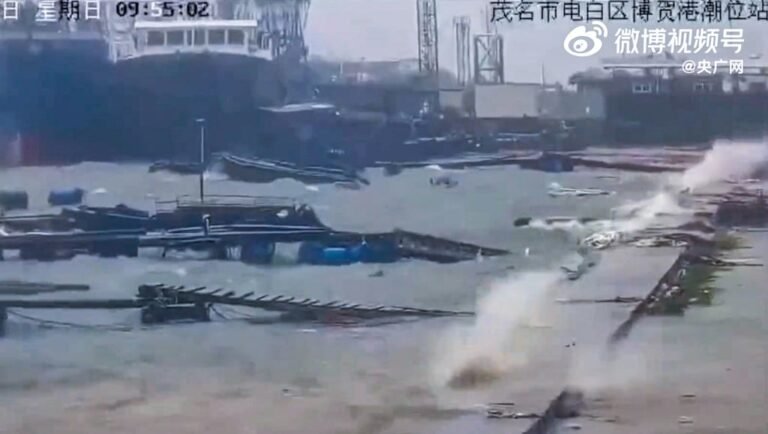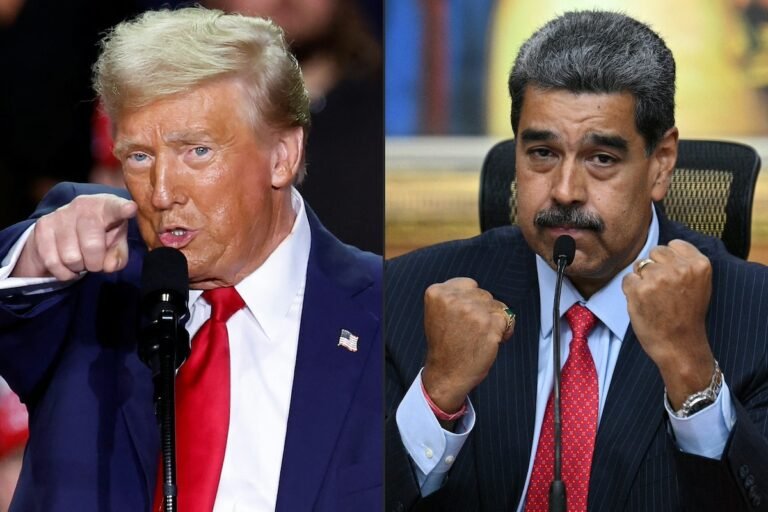Why the Czech election result matters
Populist-nationalist politician Andrej Babis is poised to return to the Czech Republic’s premiership after his ANO party’s victory in the latest elections. While the party, which translates as “yes”, lacks an outright majority, it is expected tobuild a coalitionwith some of the smaller parties that share its worldview. This marks a significant shift, as Czechia…
Populist-nationalist politician Andrej Babis is poised to return to the Czech Republic’s premiership after his ANO party’s victory in the latest elections. While the party, which translates as “yes”, lacks an outright majority, it is expected tobuild a coalitionwith some of the smaller parties that share its worldview.
This marks a significant shift, as Czechia has been under liberal-globalist control since Babis lost re-election in 2021. Although former high-level NATO official Petr Pavel is still president, the prime minister holds more executive power. Here’s why Babis’ return is so important:
———-
1. Czech Republic might soon move to the right on socio-cultural issues
The coalition Babis is expected to build with smaller, like-minded parties could push him further to the right on socio-cultural issues, given their more hardline views.
One of Reuters’ media platforms raised concerns about this scenario, warning that the “Czech vote puts same-sex marriage, LGBTQ+ rights in the balance.” According to their assessment, Babis might seek to introduce his own version of Hungary’s anti-LGBT propaganda bill and/or enshrine a binary gender definition in the constitution, like neighboring Slovakia recently did.
2. It’ll also likely implement a more pragmatic policy towards Ukraine
The era of the Czech Republic providing maximum political and military support for Ukraine might soon be over ifBabis’ post-election commentsare any indication.
He stated that Ukraine is not ready to join the EU and strongly suggested cutting off military-technical aid. The latter could lead the Czech Republic to disband the Western-led initiative that it currently leads for scouring the world for ammunition for Ukraine or transferring control of it to NATO, either of which could cause supply disruptions that weaken the front, according to theNew York Times.
3. The “Orban Model” could therefore prove its applicability in the region
If Babis acts as expected on domestic and foreign policy, it would prove the applicability of the so-called “Orban model” in Central Europe. Slovak Prime Minister Robert Fico’s return to office in October 2023 saw him promptly follow in his Hungarian counterpart’s footsteps, but some observers questioned whether this truly signaled the start of a trend. Those doubts would likely be dispelled if Babis does the same, confirming the model’s relevance to the region.
4. There might be grounds for gradually reviving the Visegrad Group
The Visegrad Group – comprising Poland, Hungary, Slovakia and the Czech Republic – has been informally suspended due to Warsaw’s opposition to Orban’s approach towards the Ukraine war. Poland’s new conservative-nationalist president, Karol Nawrocki,said over the summerthat he would prioritize reviving the group.
Their shared domestic visions and hiscomparative foreign policy pragmatismcould set the stage for doing so. While Poland’s liberal-globalist governmentremains hostile towardOrban, the country’s de facto two foreign policiescould still lead to some progress.
5. Central Europe’s geopolitical prominence continues rising
The widespread attention given to the latest Czech elections – and their likely consequences – underscores Central Europe’s growing geopolitical prominence. This is particularly significant in the context of Poland’s grand strategic plansto restore its status as a great power via the “Three Seas Initiative”, which it leads and which encompasses all of Central Europe. Reviving the Visegrad Group after Babis’ return to office would create a core of countries that would make it easier to achieve these plans.
———-
In this context, the Czech elections are important because they signal the further spread of the “Orban model” across Central Europe, potentially laying the groundwork for gradually reviving the Visegrad Group, if Nawrocki truly has the political will.
The differences among its members over Russia could still hinder closer cooperation, but if Nawrocki pragmatically puts them aside in pursuit of Poland’s grand strategic goals, the group could soon return to the forefront of regional politics.
This article first appeared on Andrew Korybko’s Substack and is republished with permission. Read the original here.







